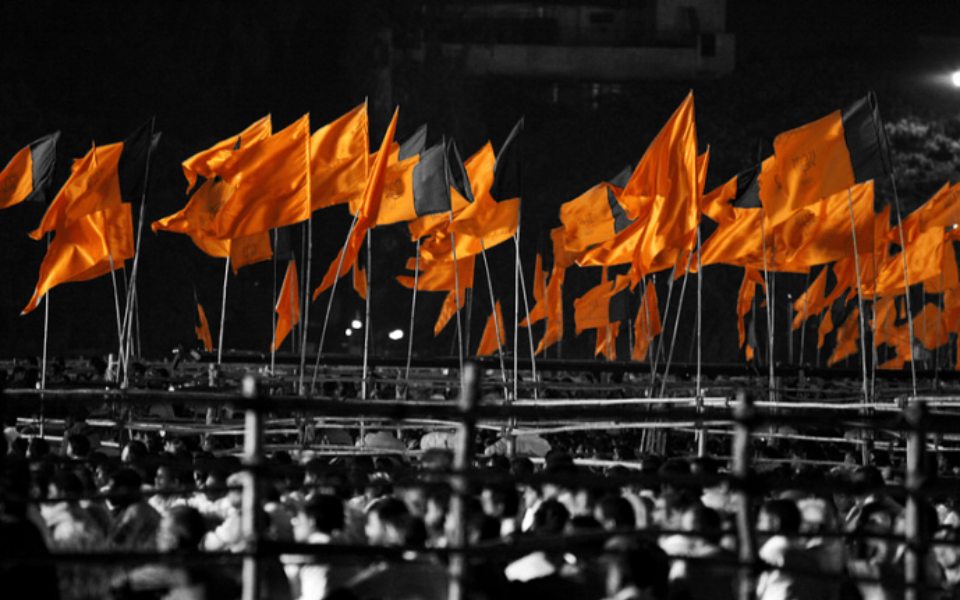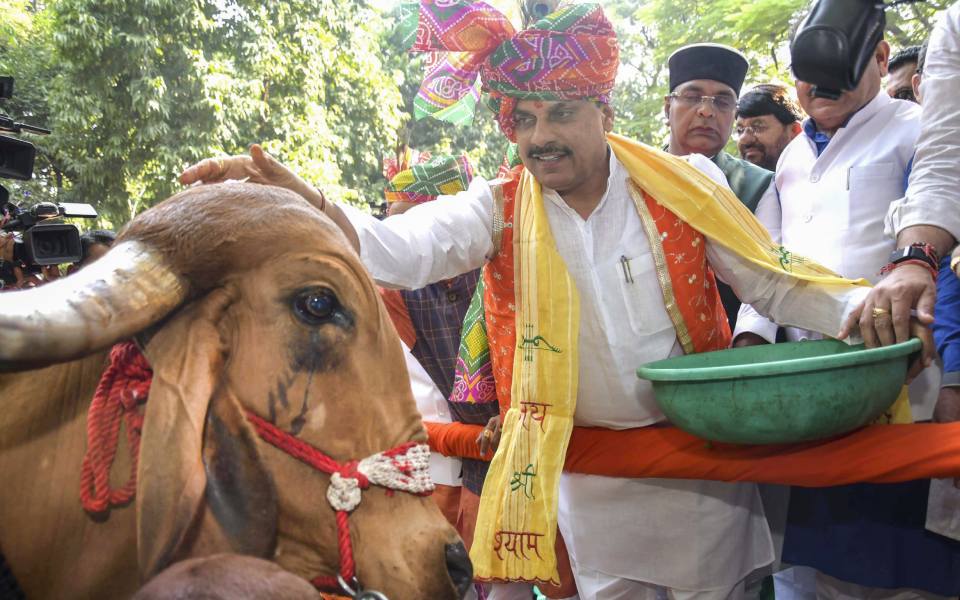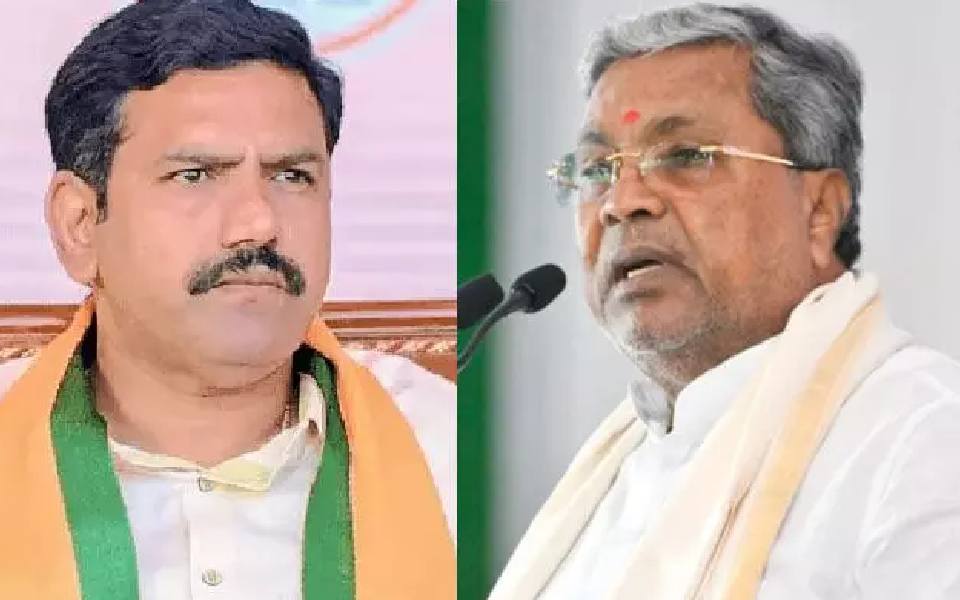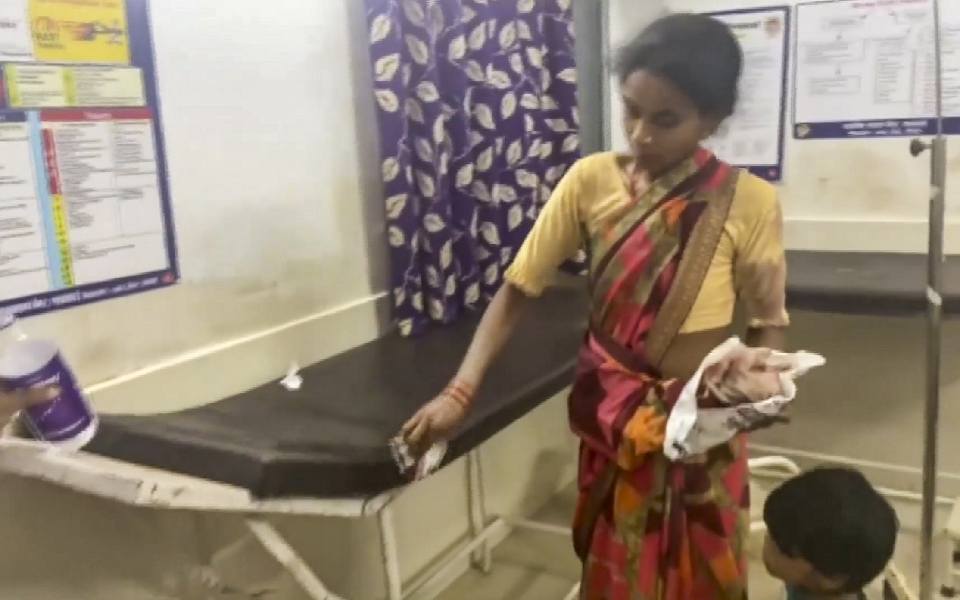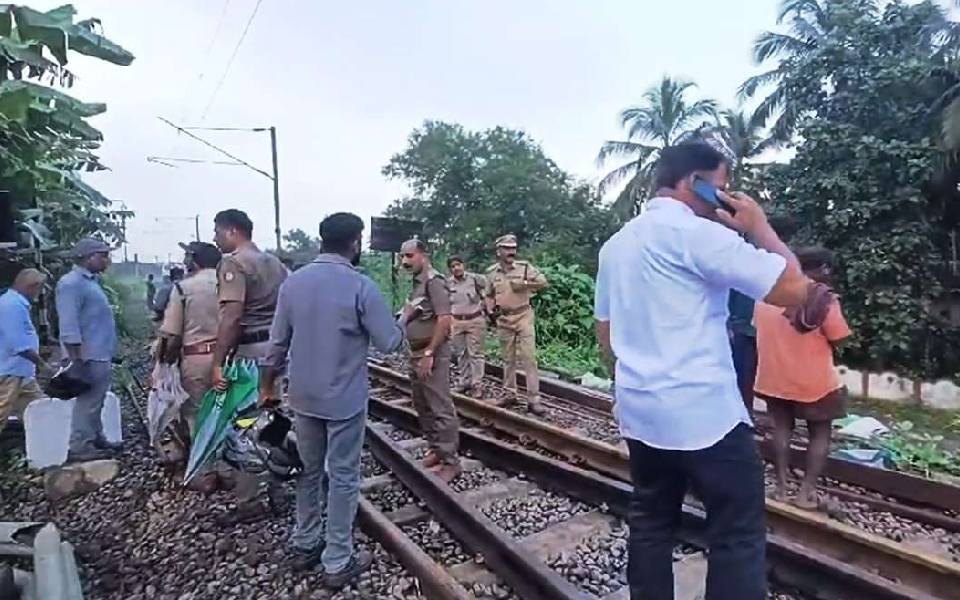In 2002, Gujarat's turbulent scene propelled Narendra Modi, then the state's Chief Minister, into the spotlight as the face of the Rashtriya Swayamsevak Sangh (RSS)-endorsed version of Hindutva. By 2012, Modi had secured his position as the BJP's top candidate for prime minister, a testament to the profound resonance of this particular strand of Hindutva among a significant majority of Hindus. Modi's meteoric rise culminated in 2014 when he led the BJP, RSS's political wing, to secure the Prime Minister's office, masterfully blending Hindutva with shrewd advertising.
The Challenge of the 2024 Elections: Diminishing Returns for Hindutva
Since 2022, the majority of Hindus have been less concerned about the RSS Hindutva due to the corona pandemic's excessive mismanagement and the Modi Government's lack of accomplishments; this poses a challenge for Narendra Modi's 2024 elections. Due to the fact that Ram Mandir is now close to completion, the populace is currently divided between their own survival and Ram Mandir as an emotional issue.
In the absence of Hindutva as a vote-polarising instrument, conditions similar to the riots 2002 are required to reignite this agenda. In addition, the Hindutva game necessitates an adversary. Since 2002, Muslims have been targeted to bolster Hindutva, and by 2022, as now evidenced by the Karnataka elections, the returns of this platform have been diminishing. In a far corner of India, Manipur has a sizable Christian minority that has been an eyesore to the Sangh Parivaar. This provided the perfect environment for the reigniting of Hindu nationalism.
Manipur: A New Ground for Hindu Nationalism?
There are some parallels between Gujarat in 2002 and Manipur today. Prime Minister Modi and Home Minister Amit Shah continued their spirited election campaign in Karnataka as Manipur caught fire. Requests for assistance fell on deaf ears. It required 48 hours to para drop 30,000 paramilitaries into a heavily militarised Manipur. According to Amit Malviya, the leader of the infamous BJP IT cell, Amit Shah spoke with Manipur's chief minister Biren Singh on May 4th to assess the situation. On May 6th, the Home Minister convened another review meeting, and additional central paramilitary personnel and anti-riot vehicles were dispatched to Manipur to maintain peace. In spite of all the available military and intelligence, Manipur descended into violence. Since 2014, the Modi administration has taken pride in preventing bombings and rioting in advance. Even the world-renowned boxer Mary Kom took to social media to ask for assistance reaching the Modi government. Manipur has burned for over 50 days and is still smoking.
While the Chief Minister of Gujarat was the first official ever to be denied a visa to the United States in 2005, under its religion act, for his inaction during the Gujarat Riots, Prime Minister Modi was welcomed with open arms in the US as Manipur burnt.
The Legacy of the Congress Party: India's Centrist Beacon
Since India got rid of British imperial rule, the Indian National Congress (Congress party) has run the country for most of its history. The Congress Party united India and has put out many social fires since then. Congress made many mistakes, but it kept India together. This is because there is no guide for putting together such a large country with nearly different cultures every few hundred miles. One of the main reasons for the social tensions was communalism, which is also visible as a key strategy of RSS. How can a group whose policy seems to be based on one of India's biggest fault lines keep social fires from starting?
It is not the case that the Congress and other parties engage in no communal politics. Congress, in particular, comprises a diverse cadre and contains communal elements, but it is also known to have taken its concerns seriously. There are also religion-specific parties, but they are scattered throughout India. They are less dominant than the BJP, the world's largest political party.
Manipur's Unstable Past and an Uncertain Future
Manipur has been an unstable state since its founding. There was a time in the 1980s when the Indian Army moved in convoys, with little room for lone military vehicles to operate. Some members of the armed forces used to wear civilian attire to the office, change into uniform during work hours, and return to civilian attire when their duty was complete. Stones used to fall on the roofs of the Mayang people, which is what the Manipuri in Manipur called Indians who were not from the state.
When a Mayang was nice before, it was because they were buying digital watches and other products illegally from China through Burma (now known as Myanmar). The Military Mayangs who used to sell their allotment of military alcohol to the locals were also considered friendly. I am just trying to lighten the mood. Manipur, like the rest of the North East, is a beautiful and friendly place except for the occasional earthquakes. Similar to the rest of India, their reputation is marred by local and national politics.
I tried to distinguish the BJP as a party from the current administration. Under the leadership of former Prime Minister Atal Bihari Vajpayee, the BJP was a party of stalwarts and principled cadre.
India could become a militaristic state if centrist policies and parties are not reinstated. If Manipur's politics of violence succeed, there is a high chance they will engulf India. In the past nine years, most Indians have developed a negative perception of communal politics. I do not want it to take Indians years to determine what a militaristic state looks like.
Let the Truth be known. If you read VB and like VB, please be a VB Supporter and Help us deliver the Truth to one and all.
Bhopal, Nov 2: The Madhya Pradesh government will provide credit cards to those rearing cows and their progeny, similar to those available to farmers, to help manage the upkeep of cattle, Chief Minister Mohan Yadav announced on Saturday.
“Along with the people growing crops, credit cards will also be made available to those rearing cows and their progeny to enable them to manage expenses on their care,” Yadav said during the state-level ‘Govardhan Puja’ ceremony at Ravindra Bhawan here.
He said that people who care for more than 10 cows will be given special financial aid, adding that the state government will invest and make arrangements for rearing 5,000 to 10,000 cows under the limits of municipal Corporations.
He said that people found guilty of slaughtering cows in MP will get seven years of imprisonment.
Earlier, he took part in the Govardhan Puja at his official house.
Later in Gwalior, where he attended two such events, Yadav said the state would protect the cow and its offspring.
Ministers and MLAs across the state also participated in Govardhan Puja.
Before holding this function at the state level, the BJP government in MP had organised ‘Shastra Puja’ (worshipping of weapons) on Dussehra in a similar manner, with the CM, his ministers and MLAs across the state joining in.

